Due to the latest COVID-19 restrictions, there will not be an official Christmas Bird Count for Kids hosted at Burnaby Lake Regional Park this year. However, our friends at Birds Canada, have provided several resources so you can still do your own Bird Count with your household bubble according to the BC Provincial Health Officer orders. It’s a great way to enjoy and explore nature in the winter. Whether you are an experienced or novice birder, you can join in by tallying birds at Burnaby Lake Regional Park, a neighbourhood field or in your very own backyard or from your patio. The count usually takes place in December or January, but you can use these tools when you have the time, as long as you can do so in a safe manner.
So what is the Christmas Bird Count for Kids (CBC4Kids)? It is a fun, family-friendly birdwatching event that promotes nature appreciation and environmental stewardship.
What do I need?
- Binoculars are nice if you have them. However, many birds can be seen without them.
- Dress for the weather! Check the forecast for your count location Including the time of day. There can be quite a temperature difference between early morning and afternoon. Hats and gloves, warm boots – rubber if it has been raining – with sturdy soles as sometimes the trail is uneven. Once you start walking and looking for birds, it is easy to be outside for at least an hour or more. Pack water and a snack.
- Be COVID-19 Safe – Please follow the Metro Vancouver Regional Parks safety guidelines
So how do you get started? Just a few simple steps!
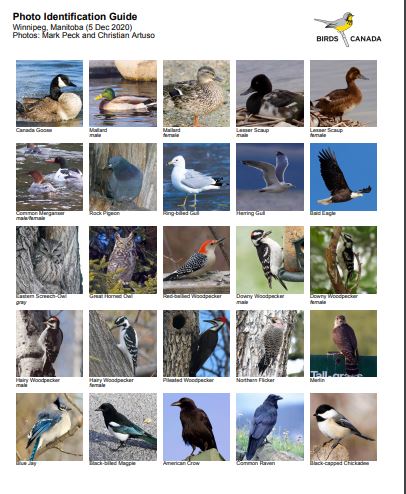
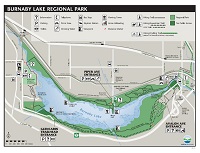
- Create a Bird ID Guide for the area you are in or planning to visit for your Bird Count. This link will take you to a map where you will drop a pin to choose your location, as well as select the date you are planning to do your count. Print off the guide, put it in a plastic sheet protector if you have one or a plastic bag to help it last through your count. Of course you can also download a PDF version for your mobile device too!
This list will help you complete the tally form with the birds common names as well as provide you a visual guide to identify the birds you see.
If you would like more information about the birds, you can look them up on All About Birds. You will see there are often differences between male and females of a species, e.g. Mallards, but not in the case of Canada Geese. You can also find additional resources here.
- If you would like to do your count at Burnaby Lake, download a trail map to plan your route. Depending on the age and physical ability of your household, you may find starting at the Nature House, and walking west via Piper Mill Trail and the Cottonwood Trail to return to Piper Spit will be enough for younger kids, while heading east to Conifer or Spruce Loop trails or Cariboo Dam and return to Piper Spit via the Brunette Headwaters Trail will be good for older kids.
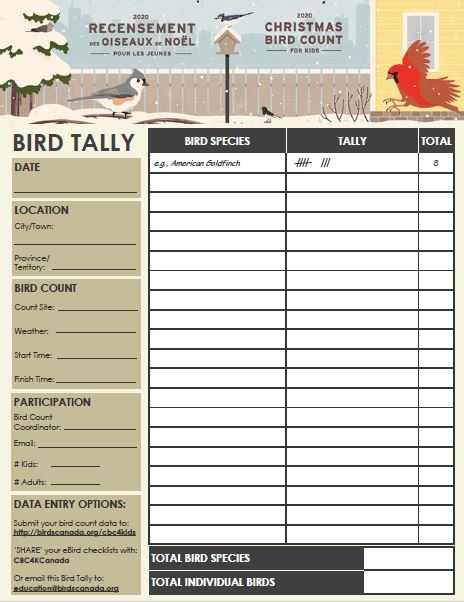
- Bird Tally
Download and print off the tally sheet and fill in using the names from the ID Guide. Remember to complete the section down the side for your records so you can have it handy if you want to submit your count.
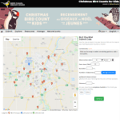
- Submit your data!
You will need to register and log in to NatureCounts to submit your bird data with the information from your Tally Sheet. You can register ahead of the count and simply log in once you have completed.
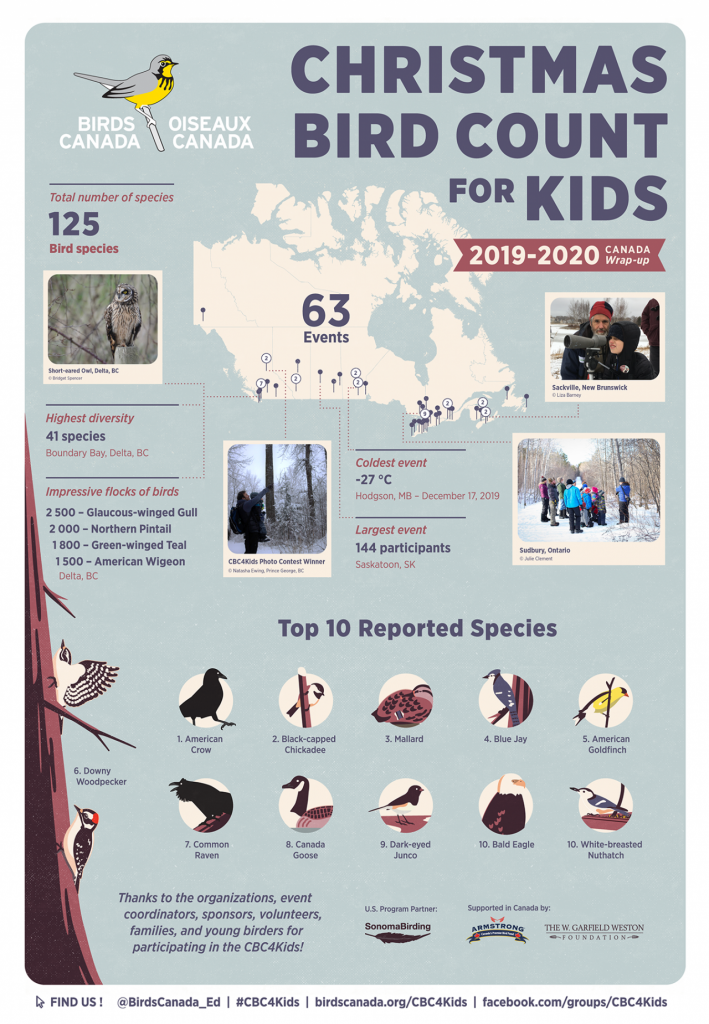
While there likely won’t be any community events across the country this year, your household Christmas Bird Count for Kids is part of national event and an introduction to what is known as “Citizen Science”
Check out the summary highlights from last year’s event here to find out cool things like bird species spotted and flock sizes.
Other youth citizen science projects you can do from home (or class) include Project Feeder Watch (for Birds Canada members), Great Backyard Bird Count (February), and the Home/Schoolyard Bird Blitz.
Thanks to Birds Canada for all these resources. They are Canada’s voice for birds, and a non-profit, charitable organization whose mission is to conserve wild birds through sound science, on-the-ground actions, innovative partnerships, public engagement, and science-based advocacy. To support their mission, click here.

